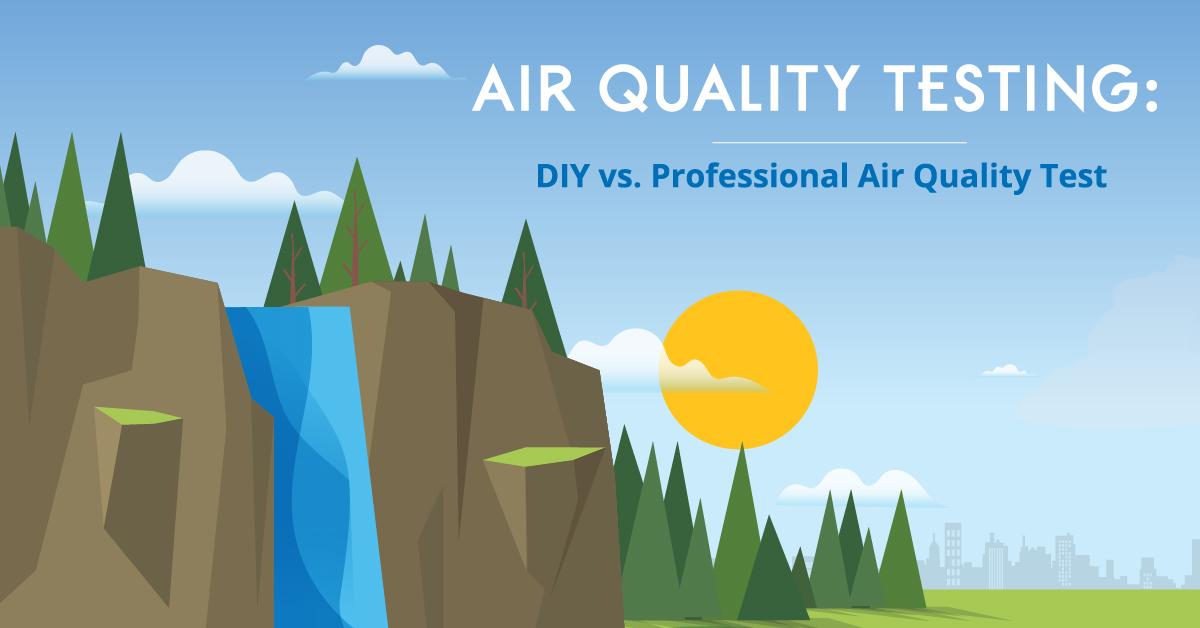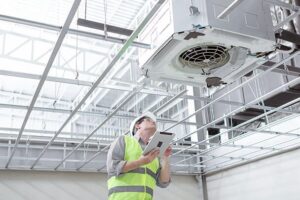
The Risk of DIY Air Quality Testing
In the quest for healthier indoor environments, some homeowners and businesses might consider DIY air quality testing kits. While these kits offer a seemingly quick and easy way to assess air quality, they come with significant limitations and risks that can lead to misunderstandings about the true state of your indoor air.
Understanding the Drawbacks
1. Limited Scope: Most DIY kits test for only a handful of contaminants, such as mold, radon, or VOCs. However, indoor air quality encompasses a wide range of pollutants, including many that DIY kits do not detect.
2. Accuracy Concerns: The reliability of DIY test results can vary greatly. Professional-grade equipment used by certified technicians is calibrated and maintained to ensure accurate measurements.
3. Lack of Context: Interpreting air quality data requires expertise. Without professional knowledge, it’s challenging to understand what the results mean for your health and how to address any identified issues properly.
4. Missed Hidden Issues: Professionals know where to look for hidden mold, leaks, or other sources of pollutants. DIY tests might miss critical problem areas, leading to untreated issues that could worsen over time.
The Importance of Professional IAQ Testing
Certified Indoor Air Quality Testing Technicians (CIAQTT) bring a comprehensive approach to air quality testing. They use advanced diagnostic tools to assess a wide range of pollutants, providing a complete picture of indoor air quality.
- Accurate Diagnosis: With professional testing, you receive precise measurements of various air contaminants.
- Tailored Solutions: Certified professionals can offer specific recommendations to address the sources of indoor air pollution in your home or business.
- Peace of Mind: Knowing that your indoor air quality has been thoroughly evaluated by experts ensures that any interventions are both necessary and effective.
External Resources for Further Insight:
- U.S. Environmental Protection Agency – Indoor Air Quality
- Indoor Air Quality Association (IAQA) – Common Pollutants
These resources offer more information on the complexity of indoor air quality issues and the benefits of professional evaluation and intervention.
Conclusion
While DIY air quality testing might seem convenient, the risks and limitations often outweigh the perceived benefits. Relying on the expertise of certified IAQ professionals ensures that air quality assessments are accurate, comprehensive, and actionable. This approach not only safeguards health but also provides guidance on effectively improving and maintaining the quality of your indoor air.




